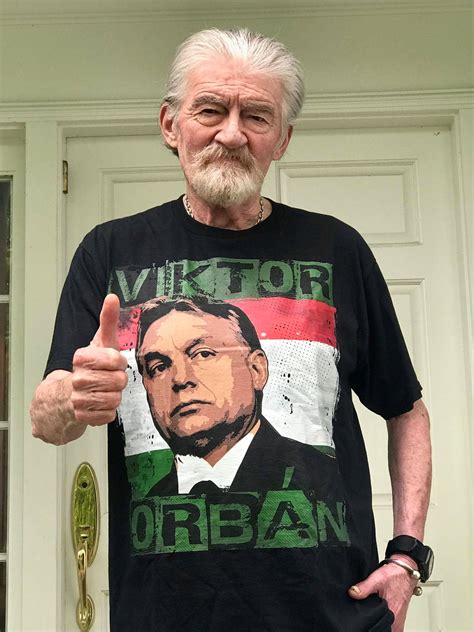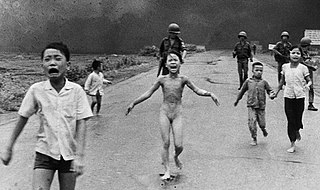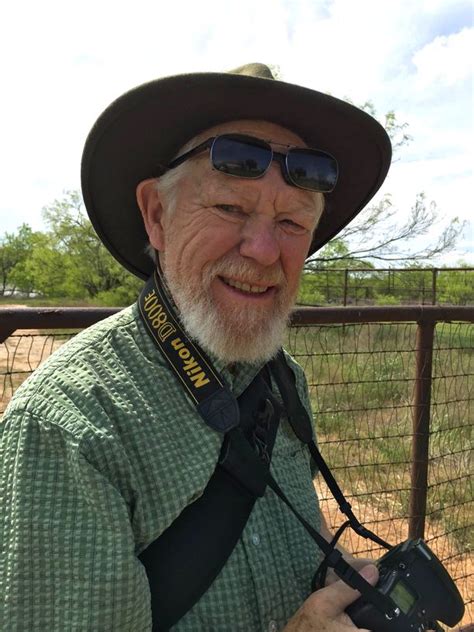A Quote by Joe Eszterhas
They do the same thing [with cigarette] that they do in the kind of action picture where you know 200 people are killed and then there's no pain.
Related Quotes
Where do people get off saying the Beatles should give $200,000,000 to South America? You know, America has poured billions into places like that. It doesn't mean a damn thing. After they've eaten that meal, then what? It lasts for only a day. After the $200,000,000 is gone, then what? It goes round and round in circles. You can pour money in forever. After Peru, then Harlem, then Britain. There is no one concert. We would have to dedicate the rest of our lives to one world concert tour, and I'm not ready for it. Not in this lifetime, anyway.
Everybody knows that if they're happy then usually the people around them are happy, or that people around them happy make them a little happier; that's a proved thing, like "I give to you and you give to me"; they all know that but they haven't thought about it to the point of every action that they do. That's what it is with every action that you do, there's a reaction to it, and if you want a good reaction then you do a good action, and if you want a bad one, then you punch somebody.
The pain of life is pure salt; no more, no less. The amount of pain in life remains the same, exactly the same. But the amount of bitterness we taste depends on the container we put the pain in. So when you are in pain, the only thing you can do is to enlarge your sense of thingsstop being a glass. Become a lake.
I'm such an action movie junkie that as an action fan, because action scenes are so heightened, we could never really picture ourselves in that scene. So when you're watching an action movie, you experience an action movie more outside of the aquarium: you know you're out of the aquarium looking in at all the swimming fish that are in there.
[Action's] a Western thing. We think of the hero going into battle, rebelling against a government or an oppressor, but [in KUNDUN] action is nonaction or what appears to be nonaction. That's a hard concept for Western audiences. . . . We wanted to show a kind of moral action, a spiritual action, an emotional action. Some people will pick up on it; some won't.
How can you claim infallibility and claim that in these 114 [drone] strikes there was just one mistake -- one person killed that was a civilian -- and at the same time say, 'Well, we don't really know how many people were killed or who they were, but we know they weren't civilians'? I don't know how you can do that.
I see the experience of pictures as a kind of cycle, a kind of circular motion in which you're in the world, then you enter the picture and you're in a different world (it's not the same as the one you live in, but recognizable as one you might live in). And then you're returned to your world with an enlarged sense of its possibilities.
Some movies you fall a step behind, and some you stay in the same place, make the same choices. And then sometimes there are people who know more than you but show you, and that's the maximum you can hope for - doing that with someone who says, 'I like you for what you are, and I want you to be in my picture.'
I was raised with this consciousness of being part of this global Muslim community. At the same time, I didn't even know if I wanted to be Muslim. It was this incredibly complicated moment: I just needed to balance these two things where you care about people on some deep level who are my co-religion and are being killed because of their religion. Then, at the same time, I'm like ah, I don't really know if I want this.






































